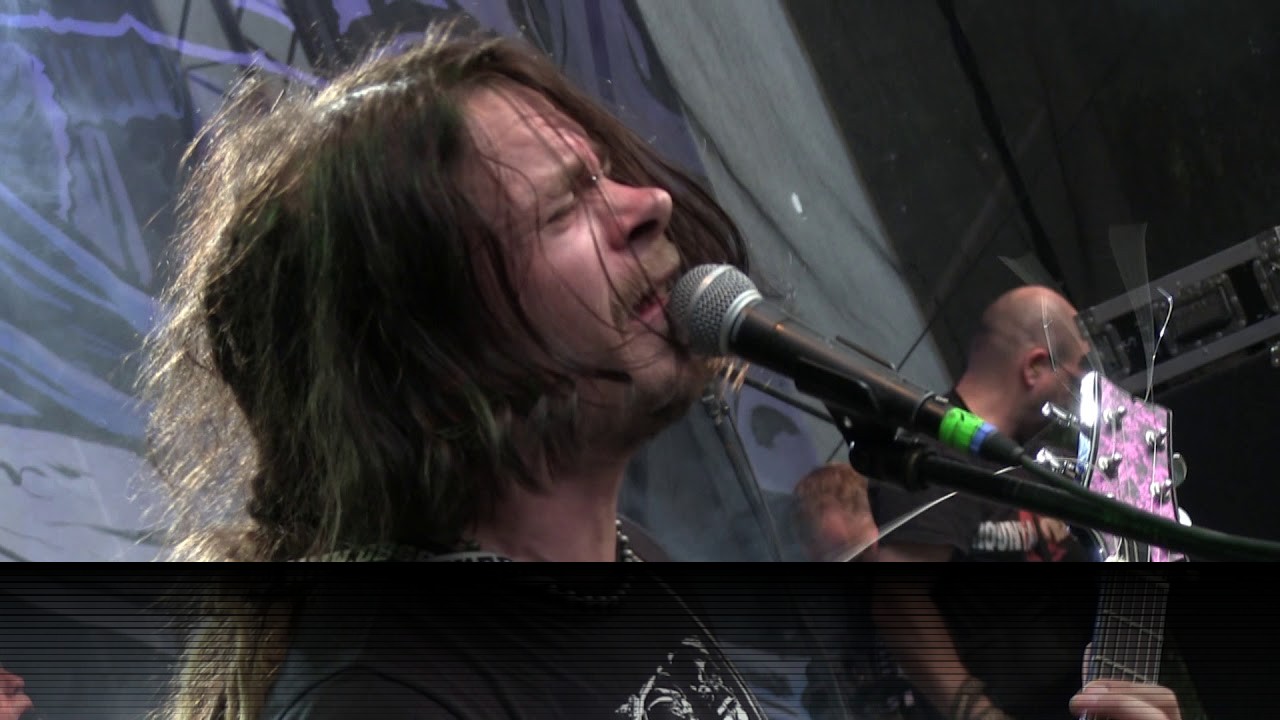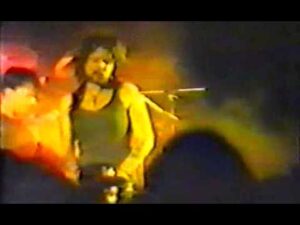Formation & Members
Rattus, known in Japanese as ラットケイブス, emerged from the bustling punk scene of Tokyo in the early 1980s. The band was formed by three high school friends—vocalist and guitarist Taro Yamamoto, bassist Kenji Nakahara, and drummer Akira Suzuki—who shared a mutual love for the raw and unpolished sound of punk rock. Their formation was heavily influenced by the international punk movement, but they infused it with a uniquely Japanese sensibility that set them apart from their contemporaries.
Over the years, Rattus saw several lineup changes, with the most notable being the addition of rhythm guitarist Yuki Tanaka in 1985. Despite the changes, Taro and Kenji remained the core members, ensuring the band retained its original ethos and sound. Akira Suzuki’s departure in 1987 marked the end of the band’s first era, but the members reunited several times over the following decades.
Musical Style & Characteristics
Rattus is renowned for their aggressive and fast-paced musical style, which combines the high-energy elements of punk with the intensity of hardcore. Their sound is characterized by distorted guitar riffs, rapid drumming, and powerful, often politically charged lyrics. Taro Yamamoto’s vocal delivery is both forceful and melodic, a signature that has become a hallmark of the band’s sound.
While rooted in punk, Rattus also experimented with elements of traditional Japanese music, subtly incorporating these influences into their compositions. This fusion of cultural elements with punk’s rebellious spirit created a distinctive sound that resonated with audiences both domestically and internationally.
Key Works & Discography
The band’s discography is a testament to their evolving sound and enduring impact. Their debut album, “Tokyo Noise” (1983), captured the raw energy of their early performances and established their presence in the Japanese punk scene. The follow-up, “Shattered Reality” (1985), showcased a more refined sound and included tracks that highlighted their growing political consciousness.
In 1987, Rattus released “Echoes of Chaos,” an album that marked a departure from their earlier work with its experimental approach to songwriting. This record featured collaborations with various avant-garde artists and further cemented their reputation as pioneers in the genre.
After a brief hiatus, the band returned with “Rebirth” (1993), which was both a critical and commercial success. This album saw the band reconnecting with their punk roots while exploring new lyrical themes. Their most recent work, “Resonance” (2018), reflects their journey over the decades, combining elements from their past with fresh influences.
Influence on Other Bands/Scenes
Rattus played a pivotal role in shaping the Japanese punk and hardcore scenes. Their music inspired a generation of bands that followed, many of whom cite Rattus as a major influence in interviews and liner notes. The band’s ability to blend traditional Japanese music with punk rock opened new avenues for other musicians to explore their cultural heritage within a modern genre.
Internationally, Rattus’s impact reached far beyond Japan’s borders. They performed at various punk festivals across Europe and the United States, sharing stages with iconic bands and introducing global audiences to their unique sound. Their influence can be seen in the works of numerous contemporary punk bands who continue to draw inspiration from Rattus’s innovative approach to music.
Breakups or Reunions
Like many bands with a long career, Rattus has experienced its share of breakups and reunions. The initial split in 1987 came as a surprise to fans, especially given the success of “Echoes of Chaos.” However, the band members remained on good terms and reunited in 1992 to record “Rebirth.”
Since then, Rattus has taken several breaks, often due to the members’ personal commitments and side projects. Despite these interruptions, the band has consistently returned stronger, each time bringing new energy and ideas to their music. Their most recent reunion in 2016 led to the creation of “Resonance,” which was well-received by both fans and critics.
Current Reputation & Legacy
Today, Rattus is regarded as one of the seminal bands in the punk and hardcore scenes, both in Japan and internationally. Their ability to evolve while staying true to their roots has earned them a dedicated fan base that spans generations. Music historians and critics often cite Rattus as key contributors to the global punk movement, highlighting their innovative blending of cultural influences and musical styles.
The band’s legacy is also evident in the continued relevance of their music, which remains a staple in the collections of punk enthusiasts worldwide. Rattus has not only influenced countless bands but also helped foster a sense of community within the punk scene, encouraging collaboration and creativity.
Conclusion
Rattus’s journey through the punk and hardcore landscapes is a testament to their resilience and creativity. From their humble beginnings in Tokyo to their status as international icons, the band has consistently pushed the boundaries of the genre, inspiring countless others along the way. Their story is one of innovation, perseverance, and a deep-seated passion for music that continues to resonate with audiences around the world.
As they continue to evolve and inspire, Rattus remains a powerful symbol of the enduring spirit of punk rock, proving that the genre’s rebellious heart still beats strong.









